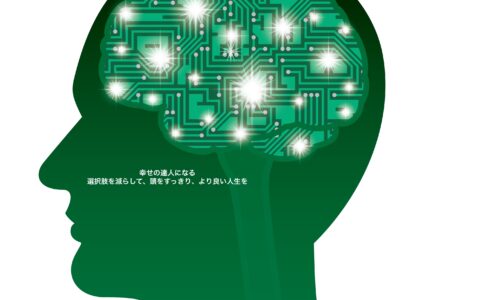ここ最近、Pros and Cons というディベーターハンドブックを読んでいますが、英語の勉強に役立つだけでなくて、様々なディベートトピックに触れることで、知的好奇心が掻き立てられ、また、それぞれ、肯定側、否定側の見方を知ることで、思考能力も鍛えられるので、一石二鳥どころか、一石三鳥だと感じています。
例えば、昨日は、シビル・ロー(制定法主義)とコモン・ロー(判例法主義)に関して学びました。
因みに、その違いは、シビル・ロー(制定法主義)とは制定法(法典)を中心とする法体系で、フランス、ドイツをはじめとして、オランダ、ベルギー、イタリア、スペイン等のヨーロッパ諸国、ブラジル、アルゼンチン等の南米諸国、中国、韓国などのアジア諸国の多くが取り入れています。
コモン・ロー(判例法主義)とは先例主義であって、制定法ではなく判例を中心とする法体系で、元々は英国法において発生した法概念。イギリス以外にも、アメリカ、カナダ、オーストラリア、インドなどかつての大英帝国領であった国々が取り入れています。
それでは、日本は、どちらを取り入れているでしょうか。
日本は、明治維新と共に、近代化を進めることになりますが、当初、明治政府はイギリス法の導入を考えたそうです。しかし、判例法を取り入れたくても、それまでに判例の蓄積もないため、制定法であるシビル・ローを取り入れたそうです。
これには、時を同じくして急激な近代化を進めていたドイツ帝国(プロセイン王国)の影響を受けたとされているそうです。
明治時代に公布された近代日本で初めての憲法である大日本帝国憲法も、当時のドイツの憲法をお手本に制定されていますので、当時日本は、イギリスやアメリカではなくて、ドイツを近代化の象徴としてお手本にしていたということが分かります。
ということで、少し深堀して調べていくことで、今まで断片的だった知識が、体系的に繋がっていくことに嬉しさを感じるこの頃です。
(English)
Recently, I have been reading Pros and Cons, a debater’s handbook, and I have found that it not only helps me learn English, but also stimulates my intellectual curiosity by exposing me to various debate topics and trains my thinking skills by learning the views of the positive and negative sides, respectively.
For example, yesterday, we learned about civil law (statute law) and common law (case law).
The difference, in case you were wondering, is
Civil law (statute law) is a legal system based on statutes (codes), which has been adopted by France, Germany, the Netherlands, Belgium, Italy, Spain and other European countries, Brazil, Argentina and other South American countries, and many Asian countries such as China and Korea.
Common law is a legal system that is based on precedents, not statutes, and was originally developed in British law. In addition to the U.K., the U.S., Canada, Australia, India, and other countries that used to be part of the British Empire have adopted this system.
So, which one has Japan adopted?
With the Meiji Restoration, Japan proceeded to modernize, and at first, the Meiji government thought of introducing British law. At first, the Meiji government wanted to introduce English law, but since there was no accumulation of precedents, they adopted the Civil Law, which is a statute law. It is said that this was influenced by the German Empire (the Prochain Kingdom), which was undergoing rapid modernization at the same time.
The first modern Japanese constitution, the Imperial Constitution of Japan, which was promulgated in the Meiji era, was also modeled after the German constitution of the time, so we can see that Japan was looking to Germany as a symbol of modernization, not to England or the United States.
So, by digging a little deeper into my research, I am happy to find that my fragmented knowledge is now systematically connected.
















コメントを残す